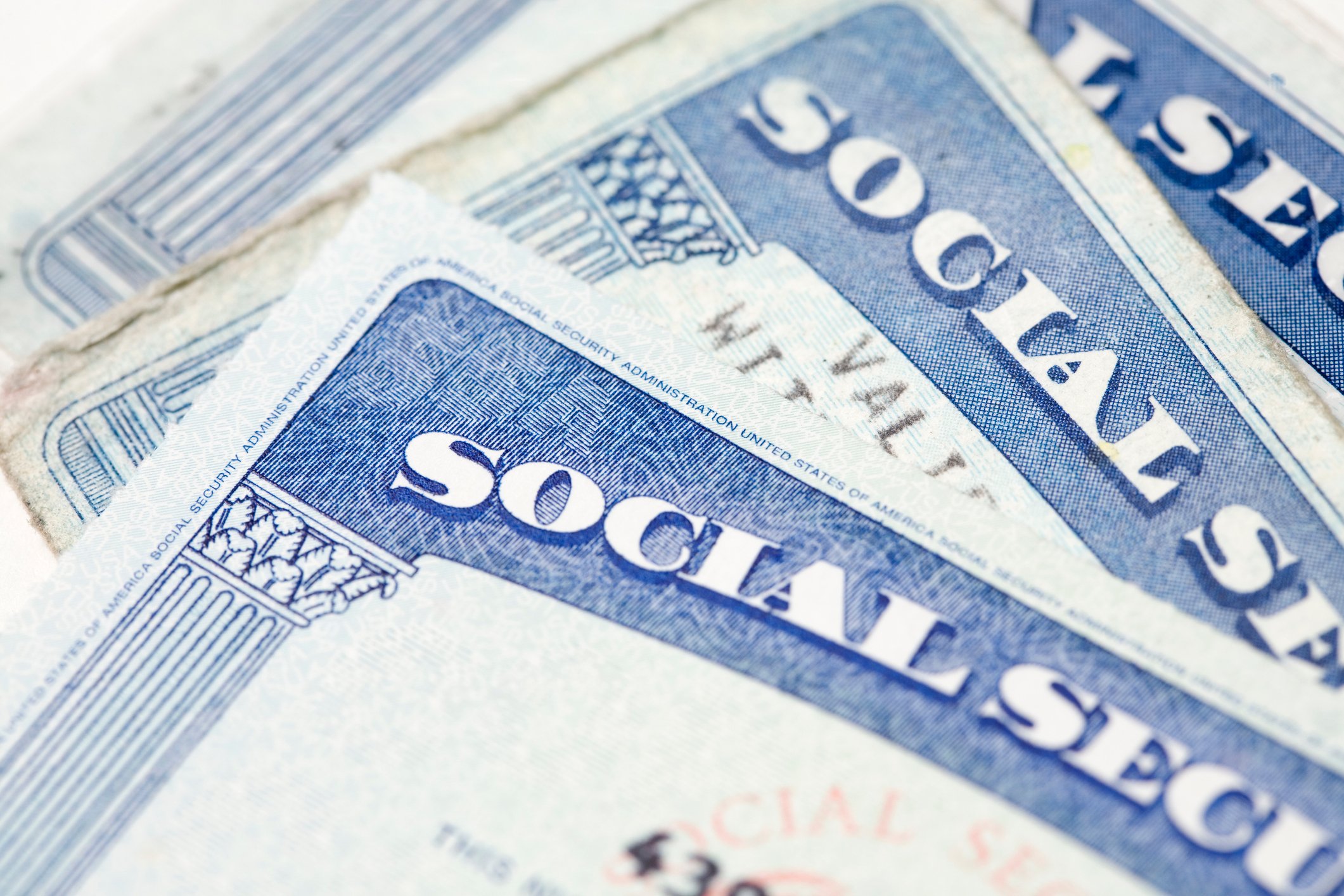The average senior today receives $1,461 in Social Security benefits each month, which no doubt help cover everything from basic living expenses to luxuries and entertainment. But if you're not careful about when you file for Social Security, you could end up getting far less money out of it.
Your Social Security benefits are calculated based on your 35 highest years of earnings on record. The age at which you first claim those benefits, however, will dictate the amount you ultimately receive each month. If you file for benefits before full retirement age, or FRA, (which, depending on your year of birth, is either 66, 67, or 66 and a certain number of months), your payments will be reduced automatically. On the other hand, if you delay benefits past full retirement age, you'll boost them by 8% a year up until age 70.

IMAGE SOURCE: GETTY IMAGES.
Because you're allowed to start collecting Social Security as early as age 62, many seniors rush to snag those benefits as soon as possible, making 62 the most popular age to file. But doing so has its drawbacks, which is why you may want to think twice before going that route. Here are three reasons in particular why you shouldn't claim Social Security at 62.
1. You'll slash your benefits -- and potentially for life
As mentioned above, filing for benefits before reaching full retirement age will result in an automatic reduction. Specifically, you'll lose 6.67% of your benefits for the first three years you file ahead of FRA, and 5% a year thereafter (though technically, your benefits are reduced on a monthly basis, which means that if your FRA is 67 and you file at 66 and 10 months, you'll still see a reduction).
So let's assume your FRA is 67, at which point you're entitled to a monthly benefit of $1,500 based on your earnings record. Filing at 62 instead would bring your monthly payments down to $1,050 apiece, and unless you manage to undo your application in time, that $1,050 is what you'll collect for the rest of your life.
Now let's talk about that do-over, because Social Security will allow you to withdraw your benefits application and start over with a clean slate if you file too early. The catch, however, is that you're required to undo your application within a year of filing, and you're also required to pay back every cent you collected in benefits within that same timeframe. If you think you can pull that off, then you might file for Social Security at 62 and use that money as a short-term loan. Otherwise, you risk slashing your benefits for the remainder of your retirement.
2. You might see some benefits withheld if you're still working
Once you reach full retirement age, you can work and collect Social Security without having to worry about that arrangement impacting your benefits. But if you file at 62 and are still working at that time, you'll not only reduce your benefits, but potentially create a situation where some of those benefits are withheld, thereby defeating the purpose of claiming them early.
For the current year, you can earn up to $17,640 before losing benefits, but once your earnings surpass that threshold, you'll lose $1 in benefits for every $2 you make. And if you're going to reach full retirement age later on this year, you can earn up to $46,920 without having benefits withheld. From there, however, you'll lose $1 in benefits for every $3 in earnings.
Now the good news is that the benefits you'll have withheld in these scenarios won't be lost forever; rather, they'll be added back into to your monthly payments once you reach FRA. But if your goal in claiming Social Security at 62 is to capitalize on two income streams simultaneously -- your earnings and your benefits -- know that you may not get as much from the latter as anticipated.
3. You might leave the workforce prematurely, and then have a very long retirement ahead of you
Seniors are living longer these days. The average 65-year-old man today is expected to live until age 84.3, while the average 65-year-old woman is expected to live until 86.6. Meanwhile, 25% of 65-year-olds will live past age 90, while 10% will live past 95. The problem with filing for Social Security as early as possible is that in doing so, you might be tempted to leave your job when you'd otherwise have the option to keep at it.
Imagine you claim Social Security at 62 and realize that between your monthly benefits and savings, you can get by without a paycheck from your job. That might prompt you to quit, especially if you've been unhappy at work. But in doing so, you might sentence yourself to a retirement of 30 years or longer, thereby increasing your risk of running out of money or running out of ways to keep yourself adequately entertained. And that, in turn, could lead to a host of financial problems, as well as those of the physical and mental health variety.
Though filing for Social Security at age 62 often makes sense, you'll need to really make sure you're doing so for the right reasons. Otherwise, it'll likely be a decision you ultimately end up regretting.





